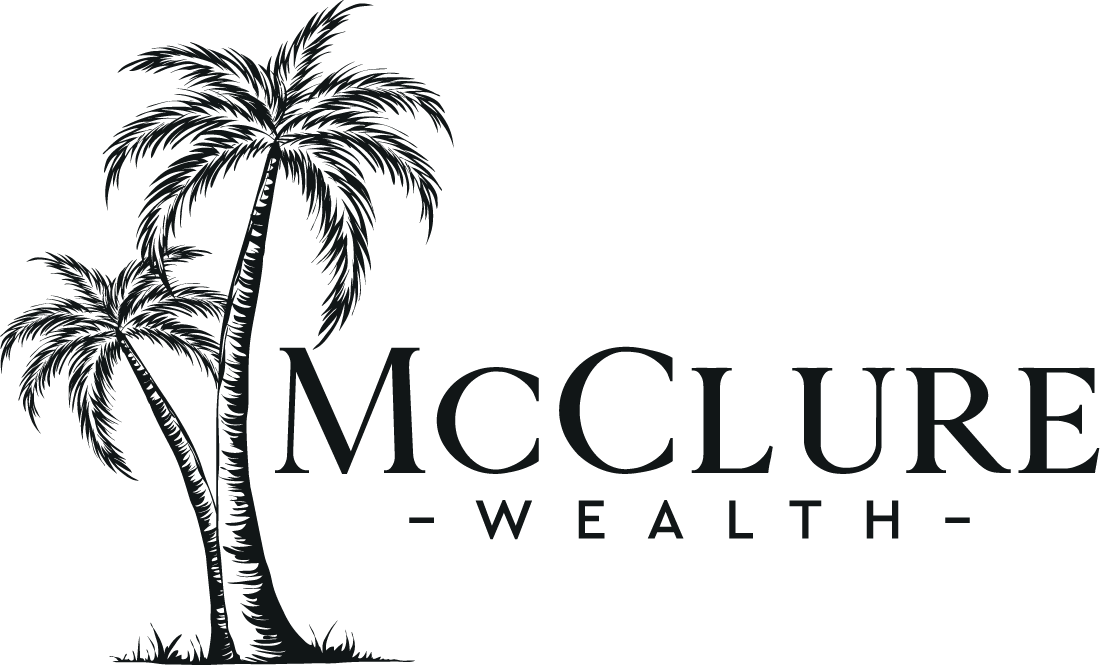By Ed McClure, CFP®, PPC®
No one likes to hear the word “audit.” But when you sponsor a retirement plan, you have to be ready for the fact that there will be times when auditors will check in on your plan and make sure you’re following all the proper rules and regulations. While this can be an intimidating process, with proper planning and preparation, it can be completed smoothly.
As a plan sponsor, it’s crucial to ensure your plan is always “audit ready.” By following the five points in this blog post, you can put your plan on track to be audit ready so you can have more confidence and less worry about any future audits your plan encounters.
Designate One Person As the Point of Contact
Designating one person as the point of contact for the plan audit is essential to ensure effective communication and a smooth process. This person acts as the primary liaison between the plan sponsor and the auditor and is responsible for coordinating all aspects of the audit. By having a single point of contact, the audit process becomes more organized and efficient, as all relevant information and updates can be communicated through a single channel.
Furthermore, having one person designated as the point of contact helps reduce confusion, keep everyone on the same page, and prevent important details from falling through the cracks.
Get the Auditor’s Requested List and Make Plan Resources Ready and Available
Getting the auditor’s request list and making plan resources ready and available is an important step in preparing for a plan audit. The request list is a detailed outline of what information and documentation the auditor requires in order to complete the audit. Reviewing the request list carefully and gathering all necessary information and records beforehand helps make the audit process as efficient as possible.
Additionally, having all plan resources readily available (such as plan documents, participant data, and transaction records) helps the auditor complete their work more quickly, minimizing the time and effort required for the audit. By preparing these resources in advance, plan sponsors will not only shorten the time the audit takes, but it will also demonstrate their commitment to compliance, increasing the likelihood of a successful audit experience.
Know the Plan Investments
The auditor will need to review the investments offered under the plan and assess whether they are in compliance with regulations and guidelines. As the plan sponsor, it’s important to understand the investment options offered under the plan, as well as their performance, risk profile, and overall suitability for participants. This knowledge helps the sponsor respond to questions and provide information to the auditor, and also helps align the plan investments with the sponsor’s goals and objectives.
Familiarizing oneself with the plan investments beforehand also helps reduce the risk of any issues or discrepancies identified during the audit process. This kind of due diligence beforehand is especially important if there are any alternative investments or hard-to-value investments included in the plan, as those may prompt more questions than a common mutual fund or index fund.
Be Ready to Discuss Participant-Level Data
The auditor will need to review a variety of participant-level data, including participant demographics, contribution and distribution information, elections not to contribute to the plan, plan loans, investment selection, and other participant-centric data. Before the auditor comes in, it might be worthwhile to encourage participants to review their account information and ensure all data is up to date and accurate. This includes personal information, contribution information, and investment selections.
Keep Open Communications With Auditor and Detail All Interactions
When the auditor schedules their visit, your main point of contact should have their schedule cleared so they can spend that time directly with the auditor. The sponsor’s point of contact should be informed of any questions or concerns the auditor may have so they can address them as quickly as possible to keep everyone focused and the audit process proceeding smoothly.
It is also important to detail all interactions with the auditor in writing, including email or written correspondence and meeting minutes. This helps establish a clear record of all communications and decisions made during the audit process, and can be useful in resolving issues or disputes that may arise.
Are You Ready for an Audit?
While you may not get excited about the prospect of an audit, you should still be prepared. These five tips should get you on the right track in terms of preparing for an audit, but this doesn’t cover every single thing you’ll need to do. If you’d like help preparing for an audit so it goes as smoothly as possible, we’d love to help.
At McClure Wealth Management, we know you didn’t get into business to prepare for audits—but we did. Our team of experienced professionals can provide you with personalized support to ensure your plan is meeting all the pertinent requirements. To get started, give me a call at (760) 607-0611 or email [email protected] to set up a consultation.
About Ed
Ed McClure is a CERTIFIED FINANCIAL PLANNER™ practitioner, Professional Plan Consultant® (PPC®), and founder of McClure Wealth Management. With over 25 years of experience, Ed works with business owners who want to maximize their retirement plan benefits, businesses that need help setting up and managing a 401(k) for their employees, and families who want guidance while planning their futures. He is known for simplifying complicated and intimidating topics and making wealth management concepts easy for others to remember and understand.
Ed has established himself as a trusted resource for business owners and individuals, and his mission is to help his clients achieve the financial independence and well-being they deserve so they can give their time and energy to the people and things they love. He has a bachelor’s degree in finance from the University of Illinois. In his spare time, Ed conducts financial workshops for the Just In Time for Foster Youth organization, which helps equip young men and women as they come out of the foster care system. He also loves to travel and spend time with his favorite people. To learn more about Ed, connect with him on LinkedIn.





